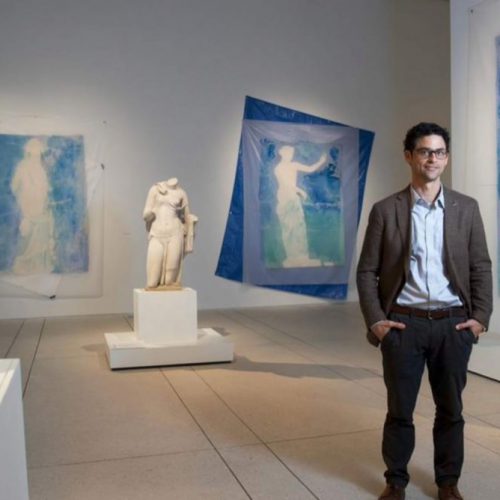
Seth Pevnick to Present “Art of the Ancient Mediterranean World at the Cleveland Museum of Art”
Seth Pevnick, Curator of Greek and Roman Art at the Cleveland Museum of Art, will present, “Art of the Ancient Mediterranean World at the […]
Who visits museums? How are collections and archives constructed? What social roles do museums and archives play? Students in this Pathway will explore the diverse traditions of collection, curation, research, display, and preservation.
Students in the Museum & Archival Studies Pathway consider the histories, techniques, and challenges common to the diverse traditions of museums and collections, curation, and preservation practices. From small archives to large national collections, difficult dialogues surrounding justice and equity with respect to objects, collections, and accessibility are taking place at greater frequency. The Pathway seeks to promote and support a wide range of voices and to prioritize non-western contexts in decolonizing collections and institution. To this end, courses may also focus on specialized theoretical approaches to address histories of collection, teaching, and display, but also to confront issues of ownership, cultural patrimony, colonialism, and ethics.
Students who choose this Pathway might expect to:
Careers associated with this Pathway include an extraordinary array of disciplinary perspectives in the arts, humanities, social sciences, and natural sciences. They include, but are not limited to:
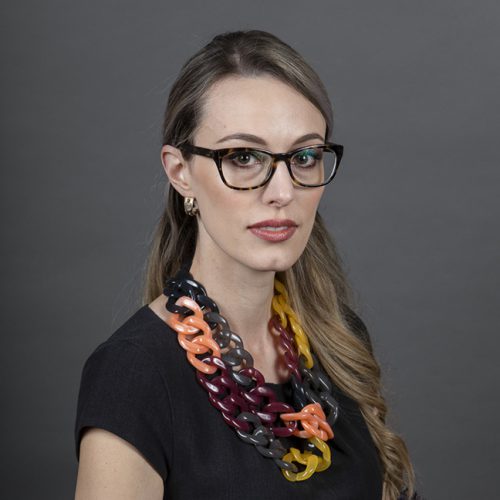
Assistant Professor, Art and Art History, Middle Eastern & North African Studies
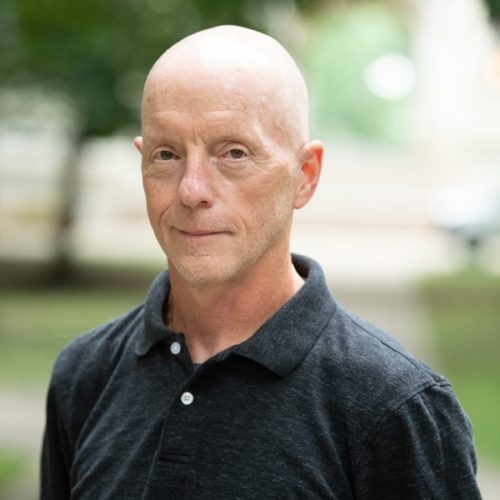
Associate Professor of Religious Studies; South Asian Studies; East Asian Studies; Co-Liaison to the Museum & Archival Studies Pathway

Lawrence Stanley Chair and Professor of Medieval History; Pre-Law Program (On leave for Spring 2024)
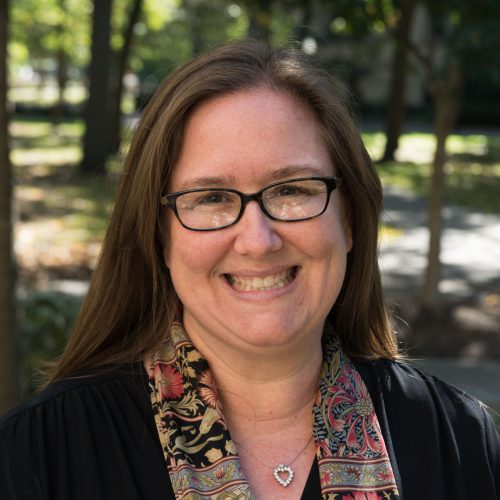
Associate Professor, Art and Art History; Chair of Museum Studies; South Asian Studies
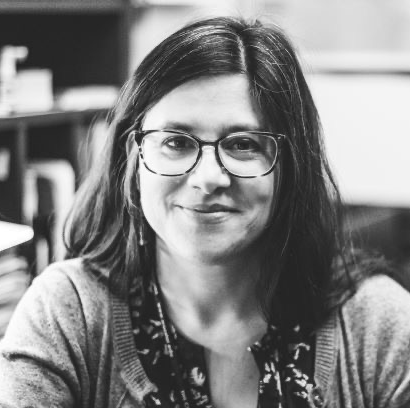
Associate Professor of Archaeology; Sociology and Anthropology; Program Chair for Archaeology
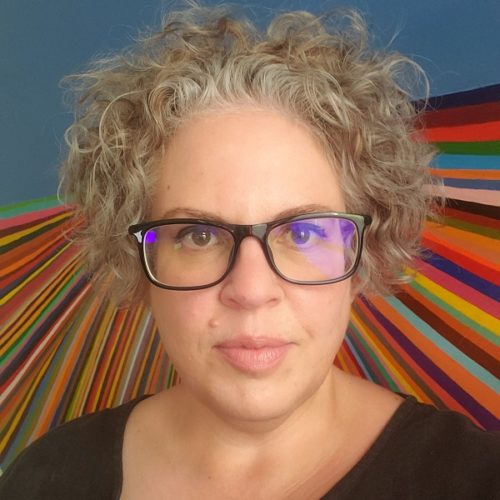
Director and Curator of College of Wooster Art Museum; Co-Liaison to the Museum & Archival Studies Pathway; Adjunct Associate Professor of Museum Studies
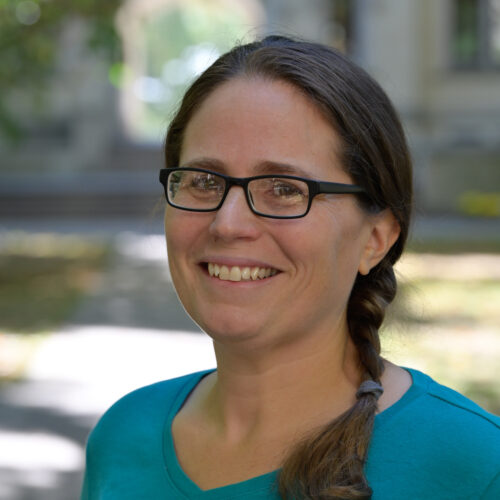
Pathways Program Coordinator, Global Engagement Office Administrative Coordinator

Seth Pevnick, Curator of Greek and Roman Art at the Cleveland Museum of Art, will present, “Art of the Ancient Mediterranean World at the […]
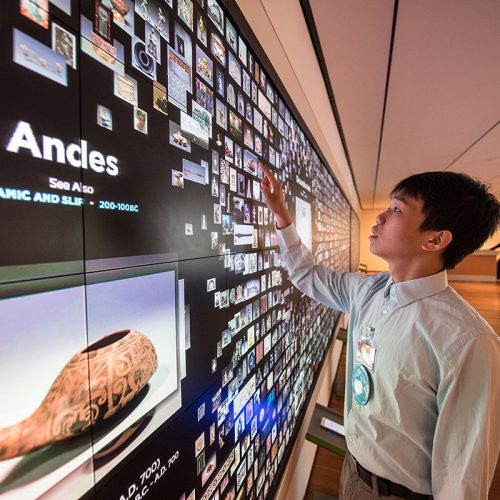
Information technology and art enthusiast spent summer increasing skill set at top art museum
To learn for about the requirement please follow the Link